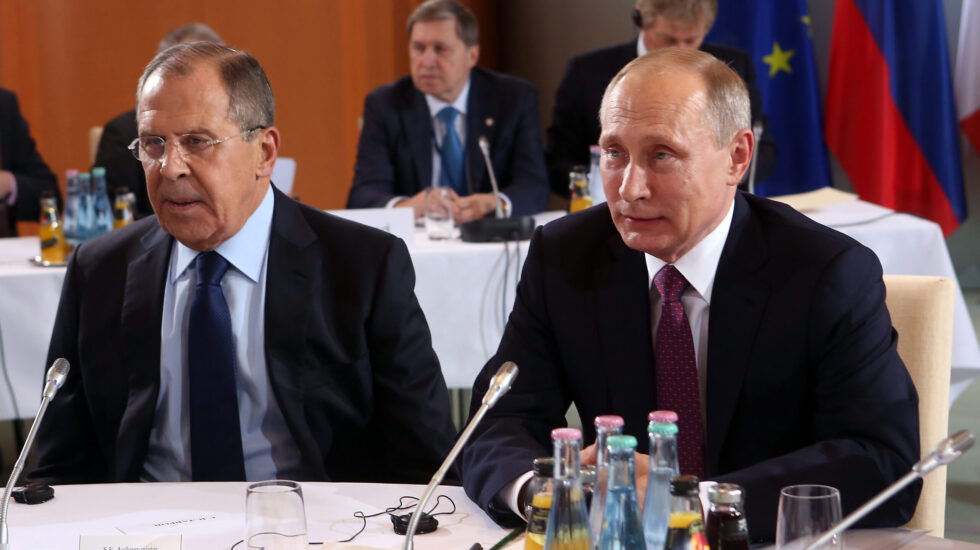Earlier this week, U.S. Secretary of Defense Lloyd Austin made it clear that the U.S. and its allies are determined to degrade Russia’s military and deprive Vladimir Putin of the war machine he uses to threaten Eastern Europe.
“We want to see Russia weakened to the degree that it can’t do the kinds of things that it has done in invading Ukraine,” Austin said on Monday, a day after visiting Kyiv.
The National Security Council echoed that sentiment to The Washington Post, telling the outlet “We intend to make this invasion a strategic failure for Russia. One of our goals has been to limit Russia’s ability to do something like this again.”
The U.S. has backed up that rhetoric by providing financial and military assistance to Ukraine. Since Russia’s invasion began, the Biden administration has authorized $3.7 billion in aid, including high-tech weapons. Other Western nations have followed a similar course, helping the Ukrainian military stymie Russia’s goals.
The international assistance is a major reason Russia has had to adjust its war plan and shift its focus away from Kyiv and toward Eastern Ukraine. Writing in The Post, columnist David Ignatius argues that all the setbacks – combined with the West’s unwavering support of the Zelensky administration – might give Putin a reason to seek “an exit ramp” from the conflict.
Ignatius writes:
The Russian army has been mauled, so far. The most precise damage assessment I’ve seen comes from Ben Wallace, Britain’s defense secretary. He said in a speech Monday that 15,000 Russians have been killed, 2,000 armored vehicles destroyed, and 60 helicopters and jet fighters downed. Russia’s massive invasion army of 120 battalions has suffered a 25 percent loss in combat strength, Wallace said. That’s a body blow.
A rough composite portrait of the human beings represented by these numbers comes from Mediazone, a Russian independent media group. Researchers analyzed 1,744 specific Russian death reports. They found heavy losses among elite paratroopers, marines and special forces. At least 317 of the reported dead were officers; 44 had the rank of lieutenant colonel or above. The fallen soldiers were disproportionately from the poor regions of Dagestan in the Caucasus Mountains and Buryatia in eastern Siberia.
In addition to the staggering bodycount, Ignatius underscores the devastating effects international sanctions have had – and will continue to have – on the Russian economy, including a deficit of imports and a lack of trading partners to supply key technology.
Highly-skilled Russians are also leaving the country in droves, a “brain drain” that will hobble Russia for years. Plus, Putin’s government has become a pariah on the world stage, having been jettisoned from the U.N. Human Rights Council and losing elections in four United Nations bodies.
Ignatius concludes:
What are the dangers as Russian casualties mount, the economic squeeze tightens, and Moscow gradually loses the power to invade its neighbors? Foreign Minister Sergei Lavrov warned Monday that “NATO is, in essence, going to war with Russia through a proxy,” and he invoked the danger of nuclear conflict. “The risk is serious,” he said. “It should not be underestimated.” Austin dismissed Lavrov’s rhetoric as “very dangerous and unhelpful.”
Superpowers sometimes lose ill-considered wars. That happened to the United States in Vietnam and Afghanistan, and it might be Russia’s fate in Ukraine. The exit ramp surely must look more attractive to Putin now than it did several months ago.



